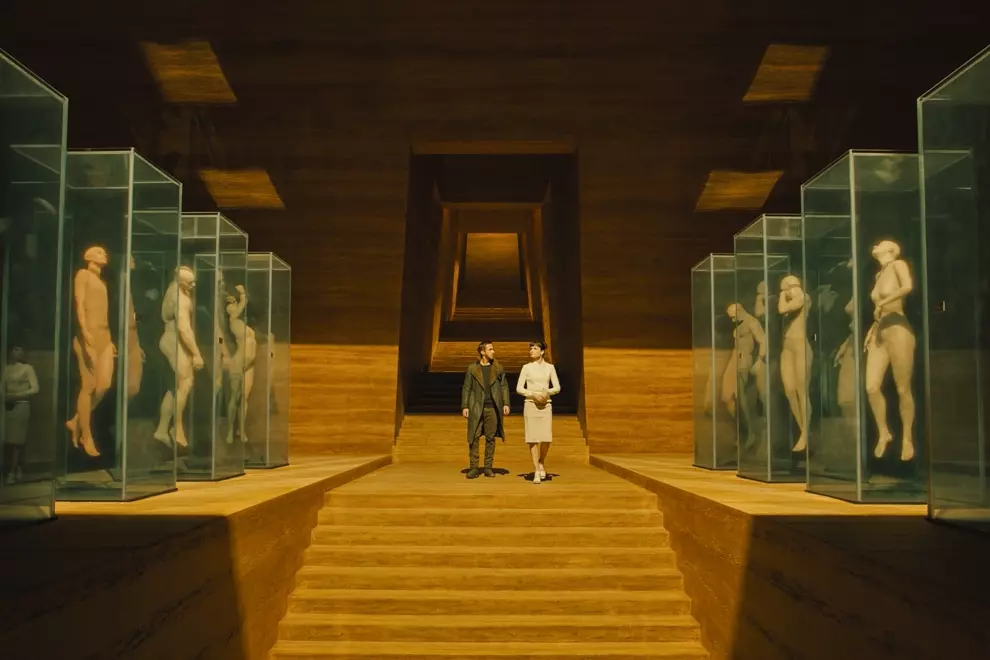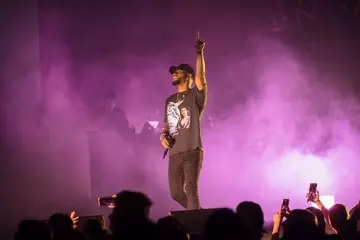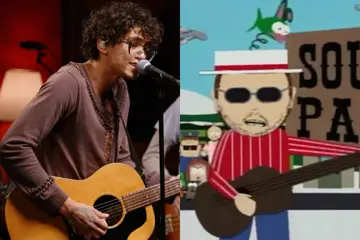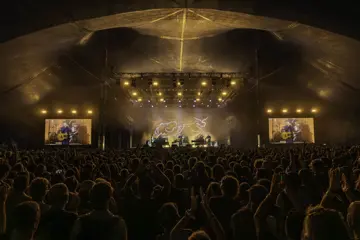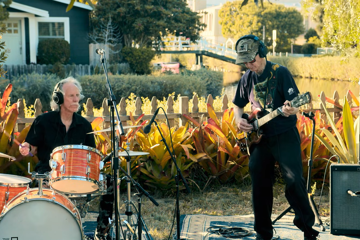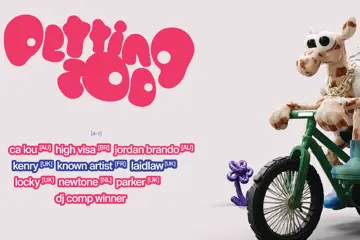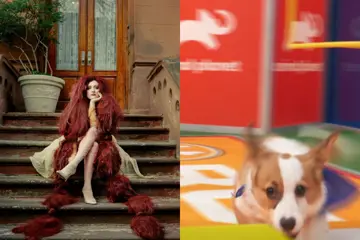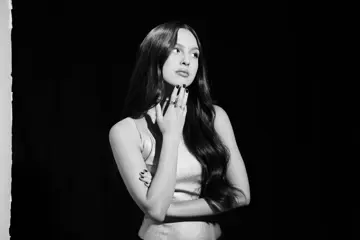Blade Runner was not always beloved. When Ridley Scott's science fiction film was first released back in 1982, it was seen as something of an odd bird by many. It had its early adopters, of course, but the majority of critics regarded it as a visually stunning piece of work with a vague or muddled plot and an emotional core that rang kind of hollow.
Three and a half decades on, the consensus has changed somewhat, and Blade Runner is now viewed as having substance to match its style, with its story of a disillusioned police officer - Rick Deckard, played by Harrison Ford - pursuing four renegade 'replicants' (humanoid robots created as slave labour) through the dystopian Los Angeles of 2019, asking and addressing heavy questions about the nature of humanity, the subjectivity of consciousness and the definition of life.
In fact, it's a film that has developed a thoroughly realised fan culture. A number of different edits, and varying interpretations of the story and its characters by the film's creators and its consumers, have given rise to ongoing discussions about Blade Runner, which has helped keep it in the collective pop-culture consciousness as a cult classic. Blade Runner is now viewed as a fairly singular piece of work, and any attempt to sequelise it was long viewed as, well, let's say ill-advised.
Indeed, even when production was announced on a follow-up film that would bring together the key talent from the original film (Scott as executive producer, Ford reprising his role as Deckard), plus some well-regarded new players (Denis Villeneuve of Arrival fame as director, Ryan Gosling as lead actor), the response was somewhere near the intersection of sceptical and wary.
Don't miss a beat with our FREE daily newsletter
On the eve of the release of Blade Runner 2049, though, it seems many fears are beginning to be allayed. Early response to the film from critics who've seen it and given capsule reviews on social media has been overwhelmingly positive, with many praising its visual aesthetic ("Blade Runner 2049 plays like the One Perfect Shot twitter came to life for two hours and 43 minutes" wrote Kyle Buchanan from the website Vulture) and its content ("I'm so completely staggered by Blade Runner 2049 that it's just taken me seven separate attempts to put my coat on afterwards" was Telegraph film critic Robbie Collin's take).

Now I'm writing this a few days before Blade Runner 2049 hits cinemas worldwide. And I spoke with co-star Sylvia Hoeks a few days before that, so secrecy is still very much a key part of this conversation. While Dutch talent Hoeks, a relative newcomer to blockbuster cinema, was clearly excited about both the making of the movie and the end result, she did stress more than once that there was only so much she could reveal about the film and her role as Luv, offsider to replicant creator Neander Wallace, played by Oscar-winner Jared Leto.
"It's all a big secret but I'll tell you a couple of things," laughed Hoeks, speaking from Berlin, where much of Blade Runner 2049 was filmed. "Luv is Neander Wallace's right hand in the film. He is everything to Luv - they have a very complex, very intense relationship together. She'll do anything in the world for him. It feels to me like a father-daughter relationship in a sense. She is in awe of him, is longing for his approval and will do anything to make sure he is happy. And another aspect of Luv is that she is in search of her identity, like so many other characters in this film - it's a big theme in this film, as it was in the original.
"As for the film... I've seen it and what it did for me was raise even more questions. It doesn't relieve you. You'll find yourself thinking about it for days afterwards. For me, it led to thinking about what it means to be human, why we always want more. All these questions have stayed with me. The best cinema asks you to reflect on your own life, and that is what this film does."
A fan of the original Blade Runner, Hoeks admits she felt like "a kid in a candy shop" on the massive physical sets of the sequel. And she adds that the enthusiasm was shared by everyone involved in the production, from director Villeneuve down. It was, however, an enthusiasm tempered by a shared sense of responsibility.
"I think everybody felt that weight on their shoulders," she says. "The original has such a cult following all over the world - it means so much to so many people. Denis has said in interviews that he wanted to create a romantic love letter to the original with his film. I think everybody on this team was such a fan of the first movie that we didn't want to touch that in any way, and so 2049 is a stand-alone sequel, a story on its own, not a remake or anything like that. We took the world of the first film and built upon it."
Blade Runner 2049 plays cinemas across Australia from 4 Oct.

